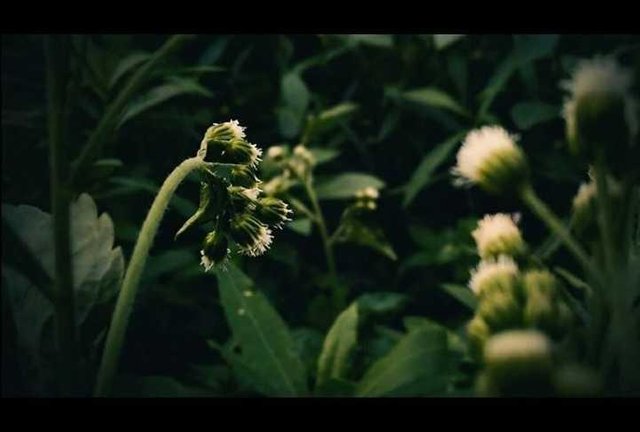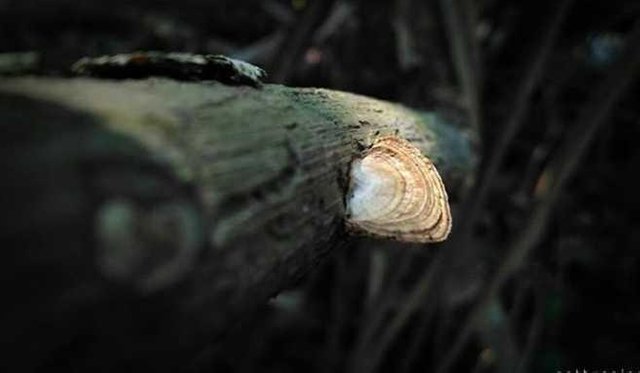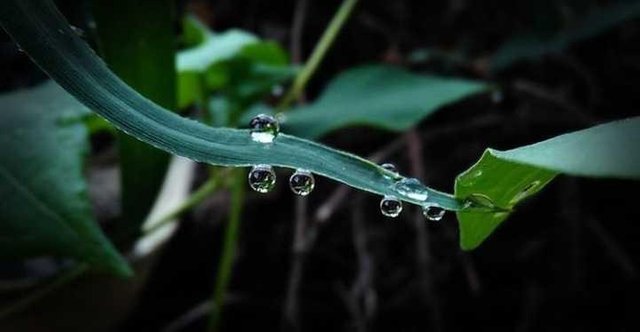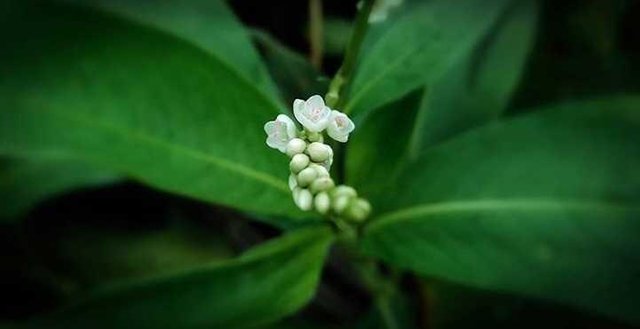Plants That Make Us Awe
The universe really stores the extraordinary riches of life. Every corner of the region in the world, has a unique flora distinctly different.
What are those amazing plants? Mongabay Indonesia has summarized 10 unique plants that will certainly make us more love the planet earth with all its contents.
- Giant Tree Baobab

This is the world's largest island island identity tree, Madagascar. The name Baobab is commonly used for the genus Adansonia which consists of eight tree species. This tree is also present in some countries in Africa and Australia.
Baobab is often nicknamed the bottle tree. Not only the shape that is like a bottle, but also because kemampunannya store thousands of liters of water on the trunk. This tree also has a long lifetime, which is up to more than 1,000 years.
- Dragon Blood Tree

Dragon blood tree (Dracaena Cinnabari) is an endemic plant of the Socotra archipelago in Yamana. The tree was first described by Isaac Bayley Balfour in 1882 is shaped umbrella with a lot of branches.
This tree is called the dragon's blood because of the red blood sap that comes out of its trunk. Ancient people used this sap as a dye.
- Victoria Amazonica, The Giant Leaf

This is the largest flower plant of the family Nymphaeaceae or Water Lilies. The amazing thing about this plant is its wide leaves, up to 3 meters in diameter, with the tip up so it does not overlap with other leaves. The bottom of the thorns that serves to block any animal to eat it.
Another uniqueness, the leaves are floating on the water is able to withstand loads up to 50 kg. The interest is quite large (diameter 40 cm), which can only be seen at night. This unique plant can be found in the basin of the Amazon River, South America.
- Tumbuo

Tumbuo only consists of two leaves, one solid stem, and root. That is all! The two leaves continue to grow to resemble a hairy mane like in an alien film.
The trunk of the tree does not grow upward, but only hardened a height of about 2 meters with a width of 8 meters. Estimated, age can reach 1500 years despite living in the most extreme environmental conditions though.
Plants found only in small areas in the Namibian and southern deserts of Angola can survive five years without rain. Local people call tumbuo as Onyanga, which means desert onion.